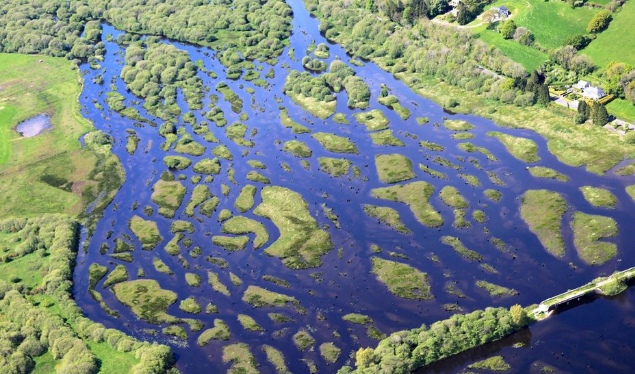The European Commission has sued Ireland in the European Court of Justice for failing to enforce laws protecting against “invasive alien species”.
These are plants, animals and insects that are not native to the region and can cause huge damage to local populations by preying on them, carrying disease or competing for food. They can also have a devastating impact on fisheries, agriculture and forestry and are estimated to cost the EU economy €12bn a year.
Invasive species can be introduced deliberately, accidentally or recklessly, but EU member states must have internal rules and penalties in place to ensure the problem is taken seriously.
These measures should have been in place from January 2016, but Ireland has yet to implement them. In January 2019, the Commission notified Ireland that enforcement proceedings could be initiated and a further warning followed in November of the same year. The commission said:
As to date, Ireland has not established and notified the penalties applicable to the breaches of the regulation, therefore the commission is referring Ireland to the Court of Justice.
If the court rules against Ireland, it is likely to result in a fine plus a daily penalty for each day of non-compliance.
According to the commission, there are at least 12,000 alien species in the EU, of which between 1,200 and 1,800 are invasive or likely to cause harm.
The National Biodiversity Data Centre has records of raccoons, feral pigs, coypu and Siberian chipmunks, which are believed to have been introduced to Ireland through the exotic animal trade. The Asian hornet, which destroys native honeybees, has also been recorded here.
Other creatures recorded here that can cause huge damage to local habitats include the oak-processionist moth, Asian clam, Chinese clipper crab, pond creeper turtle, crayfish plague, Japanese kelp and quagga mussel.
